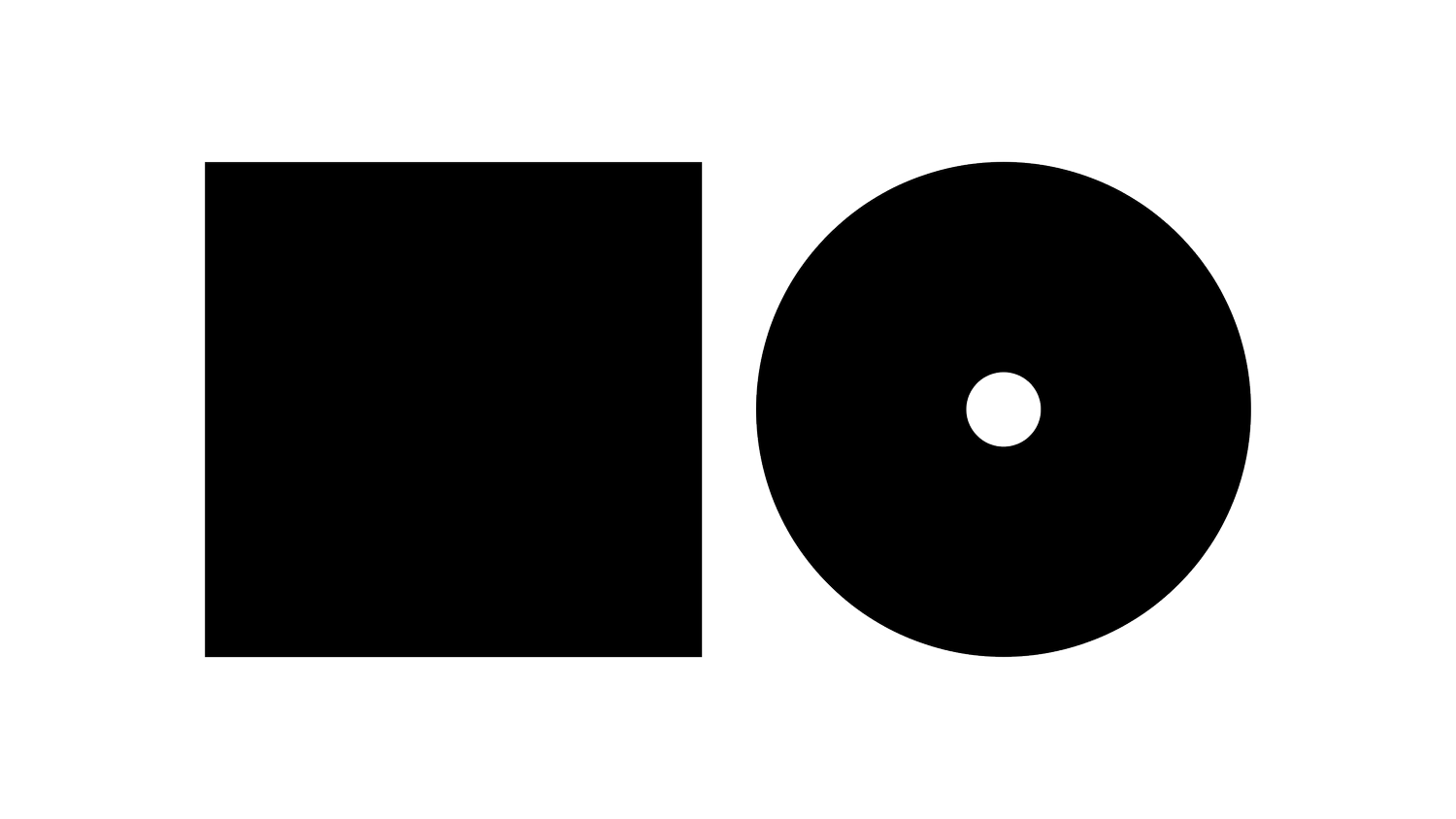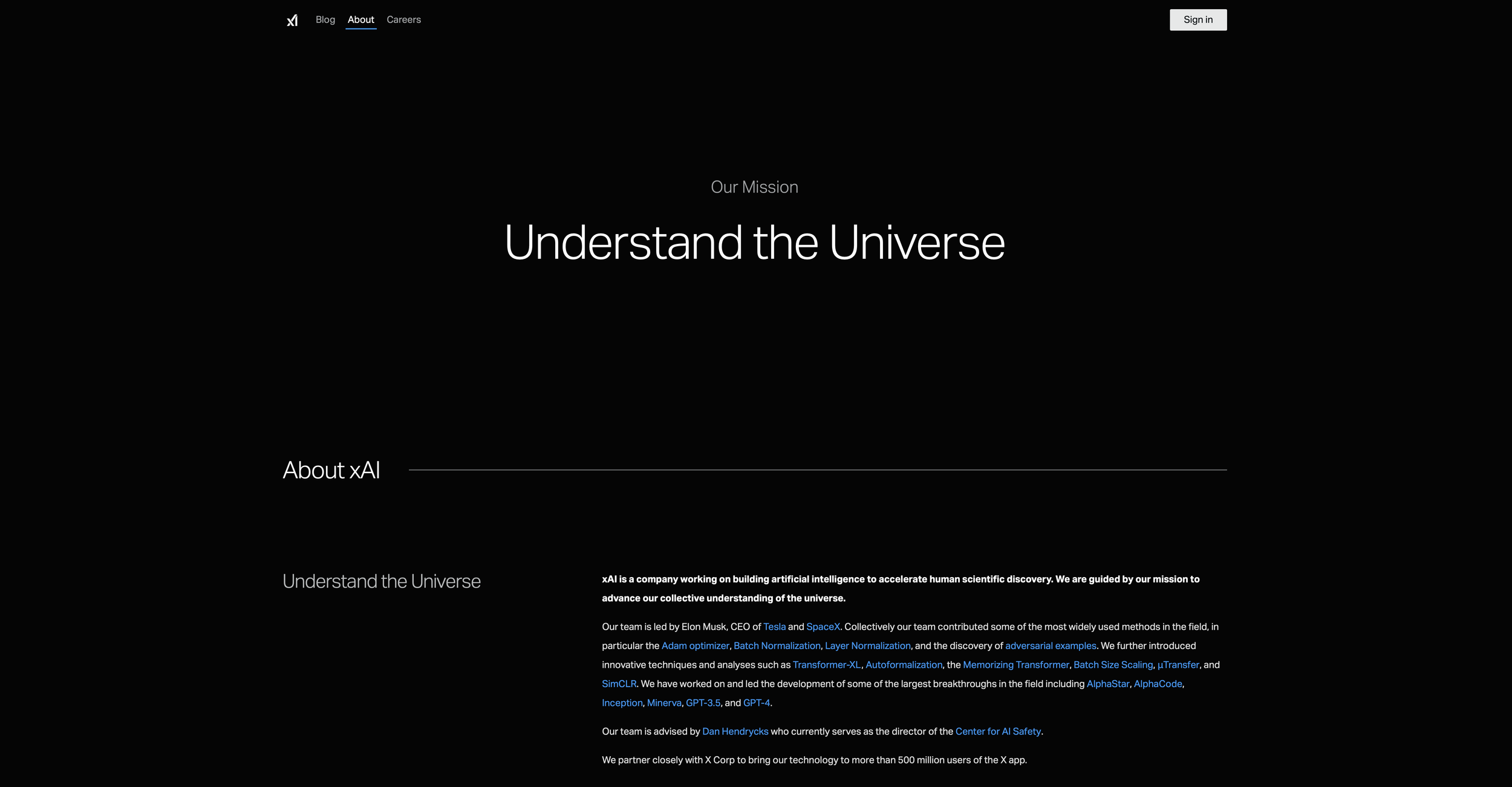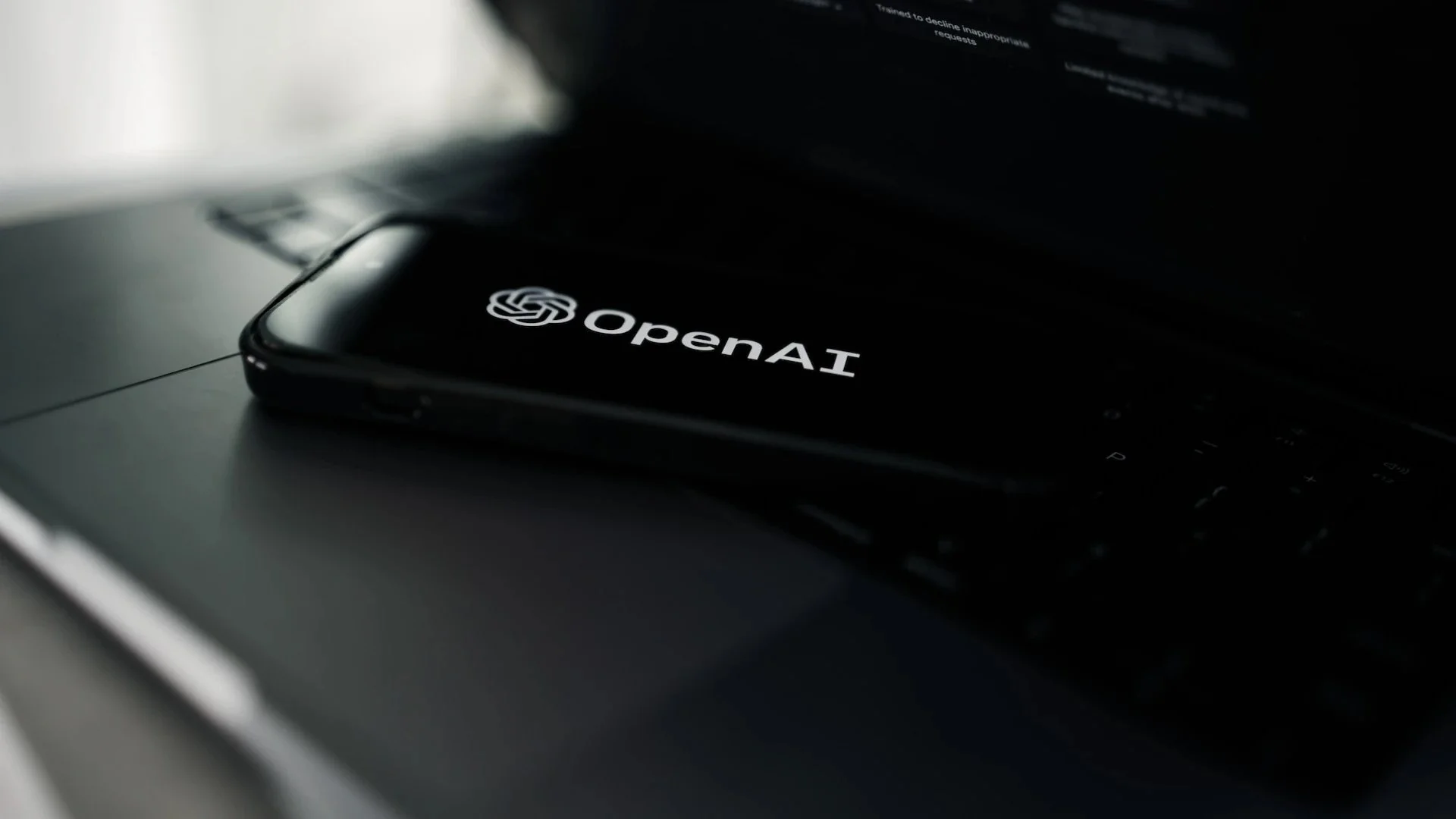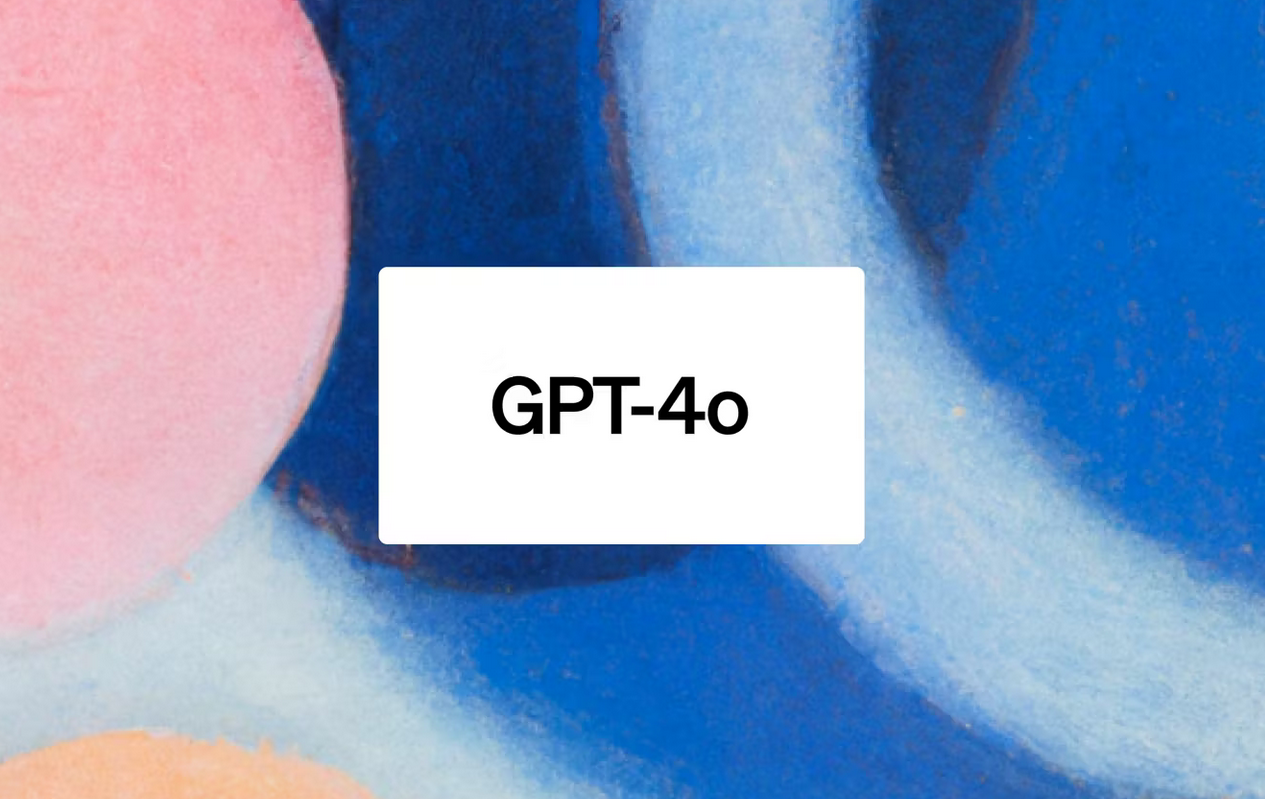 Image 1 of 8
Image 1 of 8

 Image 2 of 8
Image 2 of 8

 Image 3 of 8
Image 3 of 8

 Image 4 of 8
Image 4 of 8

 Image 5 of 8
Image 5 of 8

 Image 6 of 8
Image 6 of 8

 Image 7 of 8
Image 7 of 8

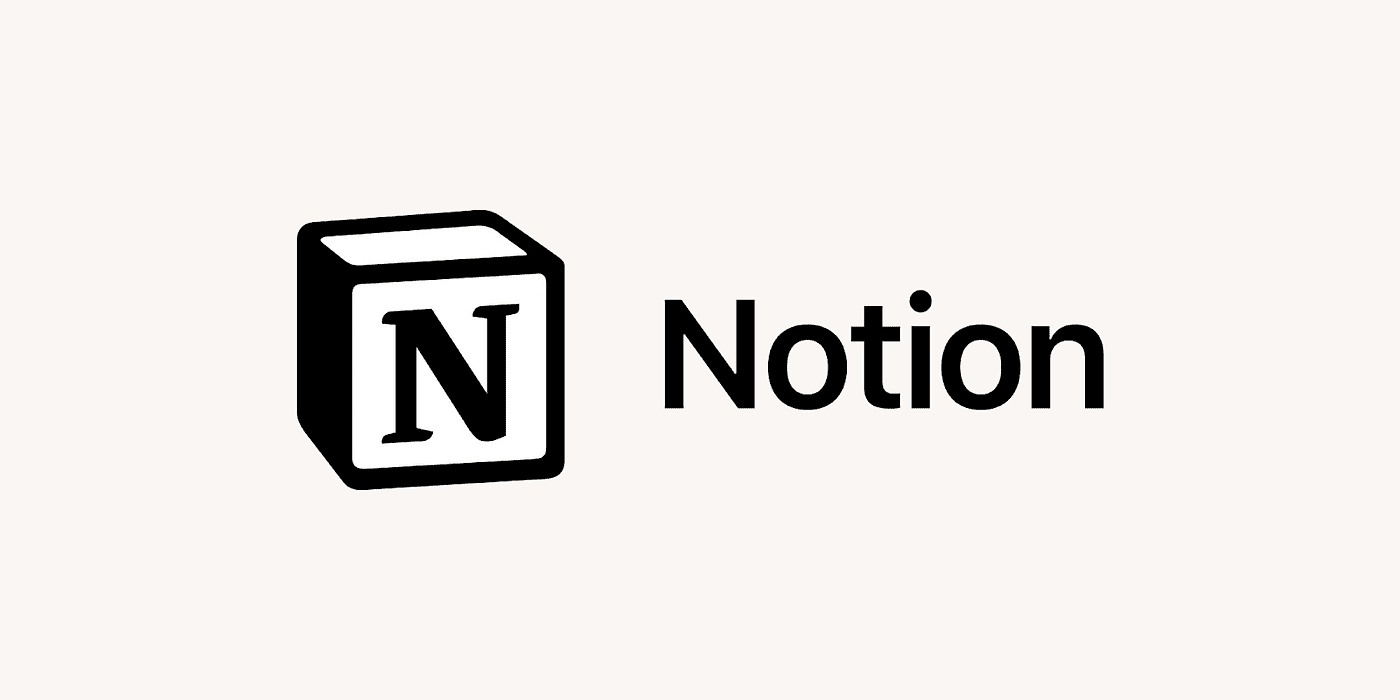 Image 8 of 8
Image 8 of 8









Notion can organise and manage complex circular economy projects efficiently
Notion, founded in 2013 by Ivan Zhao and Simon Last, is a versatile and powerful all-in-one workspace designed to help individuals and teams manage their projects, documents, wikis, and databases. The platform aims to consolidate various productivity tools into a single, integrated solution, enabling users to streamline their workflows and enhance collaboration. Notion's primary users include professionals, teams, and organisations across various industries who seek to improve their productivity and project management capabilities.
Location
Headquarters: San Francisco, California, USA.
Operations: Global reach with users across multiple countries.
Strategic Reach: Cloud-based platform accessible worldwide.
The Circular Vision
Design Principles: Promotes efficient use of digital resources by integrating multiple productivity tools into a single platform, reducing the need for disparate applications.
Resource Optimization: AI-driven tools and customizable templates optimise workflow management, minimising time and energy consumption.
Life Cycle Considerations: Facilitates project management and documentation throughout the entire project lifecycle, potentially reducing waste in later stages of development.
Leveraging for Good: Teams can use Notion to manage projects and collaborate efficiently, promoting more sustainable practices by reducing the need for physical resources and enhancing remote work capabilities.
Pioneering Solutions
Key Features:
Powerful Building Blocks: Customizable databases, kanban boards, calendars, and lists.
Integrated Workspace: Combines notes, tasks, databases, and wikis in one place.
Collaboration Tools: Real-time collaboration, comments, and mentions.
Templates: Extensive library of templates for various use cases, including project management, personal productivity, and team collaboration.
Community Engagement: A vibrant community that produces content, teaches courses, and leads events worldwide.
Unique Value Proposition: Notion significantly reduces the need for multiple productivity tools by integrating various functionalities into a single platform. Its flexibility and customization options set it apart from traditional project management and note-taking tools.
The Regenerative Future
Ecosystem Support: Supports sustainable content creation and project management by enabling efficient workflows and reducing the need for physical resources.
Future Development: Continuous enhancement of features and integrations to further improve productivity and collaboration.
Creative Empowerment: Empowers users to design their workflows and workspaces, fostering innovation and creativity.
Ethical Considerations
Data Usage: Ensures data privacy and security, managing the complexity of integrated workflows while protecting user information.
Bias Mitigation: Implements measures to ensure fair and unbiased functionality across different user groups.
Transparency: Provides clear documentation and support resources, allowing users to understand the platform's capabilities and limitations.
Guardrails: Includes safety measures to protect user data and ensure responsible use of the platform.
Challenges: Potential over-reliance on a single platform for multiple functions, which may limit flexibility if not properly balanced.
Fact Sheet
Availability: Globally accessible cloud-based platform.
RIBA Stages: Most useful in stages 1-6 (Preparation and Brief, Concept Design, Developed Design, Technical Design, Construction, Handover and Close Out)
Circular Potential: 5/5.
Key Integrations: Compatible with various third-party applications and tools, including Slack, Google Drive, and Trello.
Cost Structure:
Free Plan: Basic features with limited usage.
Personal Pro Plan: $4 per month.
Team Plan: $8 per user per month.
Enterprise Plan: Custom pricing for larger organisations.
Carbon Impact: Potential for reducing carbon footprint through efficient digital content creation and project management processes, but platform's own carbon impact minimised through cloud-based operations.
Key Takeaway
Notion is at the forefront of integrating multiple productivity tools into a single platform, offering a comprehensive solution that dramatically enhances workflow efficiency and collaboration. It has the potential to transform project management and personal productivity, enabling rapid iteration and exploration of innovative and sustainable practices.
Explore Further
Notion, founded in 2013 by Ivan Zhao and Simon Last, is a versatile and powerful all-in-one workspace designed to help individuals and teams manage their projects, documents, wikis, and databases. The platform aims to consolidate various productivity tools into a single, integrated solution, enabling users to streamline their workflows and enhance collaboration. Notion's primary users include professionals, teams, and organisations across various industries who seek to improve their productivity and project management capabilities.
Location
Headquarters: San Francisco, California, USA.
Operations: Global reach with users across multiple countries.
Strategic Reach: Cloud-based platform accessible worldwide.
The Circular Vision
Design Principles: Promotes efficient use of digital resources by integrating multiple productivity tools into a single platform, reducing the need for disparate applications.
Resource Optimization: AI-driven tools and customizable templates optimise workflow management, minimising time and energy consumption.
Life Cycle Considerations: Facilitates project management and documentation throughout the entire project lifecycle, potentially reducing waste in later stages of development.
Leveraging for Good: Teams can use Notion to manage projects and collaborate efficiently, promoting more sustainable practices by reducing the need for physical resources and enhancing remote work capabilities.
Pioneering Solutions
Key Features:
Powerful Building Blocks: Customizable databases, kanban boards, calendars, and lists.
Integrated Workspace: Combines notes, tasks, databases, and wikis in one place.
Collaboration Tools: Real-time collaboration, comments, and mentions.
Templates: Extensive library of templates for various use cases, including project management, personal productivity, and team collaboration.
Community Engagement: A vibrant community that produces content, teaches courses, and leads events worldwide.
Unique Value Proposition: Notion significantly reduces the need for multiple productivity tools by integrating various functionalities into a single platform. Its flexibility and customization options set it apart from traditional project management and note-taking tools.
The Regenerative Future
Ecosystem Support: Supports sustainable content creation and project management by enabling efficient workflows and reducing the need for physical resources.
Future Development: Continuous enhancement of features and integrations to further improve productivity and collaboration.
Creative Empowerment: Empowers users to design their workflows and workspaces, fostering innovation and creativity.
Ethical Considerations
Data Usage: Ensures data privacy and security, managing the complexity of integrated workflows while protecting user information.
Bias Mitigation: Implements measures to ensure fair and unbiased functionality across different user groups.
Transparency: Provides clear documentation and support resources, allowing users to understand the platform's capabilities and limitations.
Guardrails: Includes safety measures to protect user data and ensure responsible use of the platform.
Challenges: Potential over-reliance on a single platform for multiple functions, which may limit flexibility if not properly balanced.
Fact Sheet
Availability: Globally accessible cloud-based platform.
RIBA Stages: Most useful in stages 1-6 (Preparation and Brief, Concept Design, Developed Design, Technical Design, Construction, Handover and Close Out)
Circular Potential: 5/5.
Key Integrations: Compatible with various third-party applications and tools, including Slack, Google Drive, and Trello.
Cost Structure:
Free Plan: Basic features with limited usage.
Personal Pro Plan: $4 per month.
Team Plan: $8 per user per month.
Enterprise Plan: Custom pricing for larger organisations.
Carbon Impact: Potential for reducing carbon footprint through efficient digital content creation and project management processes, but platform's own carbon impact minimised through cloud-based operations.
Key Takeaway
Notion is at the forefront of integrating multiple productivity tools into a single platform, offering a comprehensive solution that dramatically enhances workflow efficiency and collaboration. It has the potential to transform project management and personal productivity, enabling rapid iteration and exploration of innovative and sustainable practices.
Explore Further

